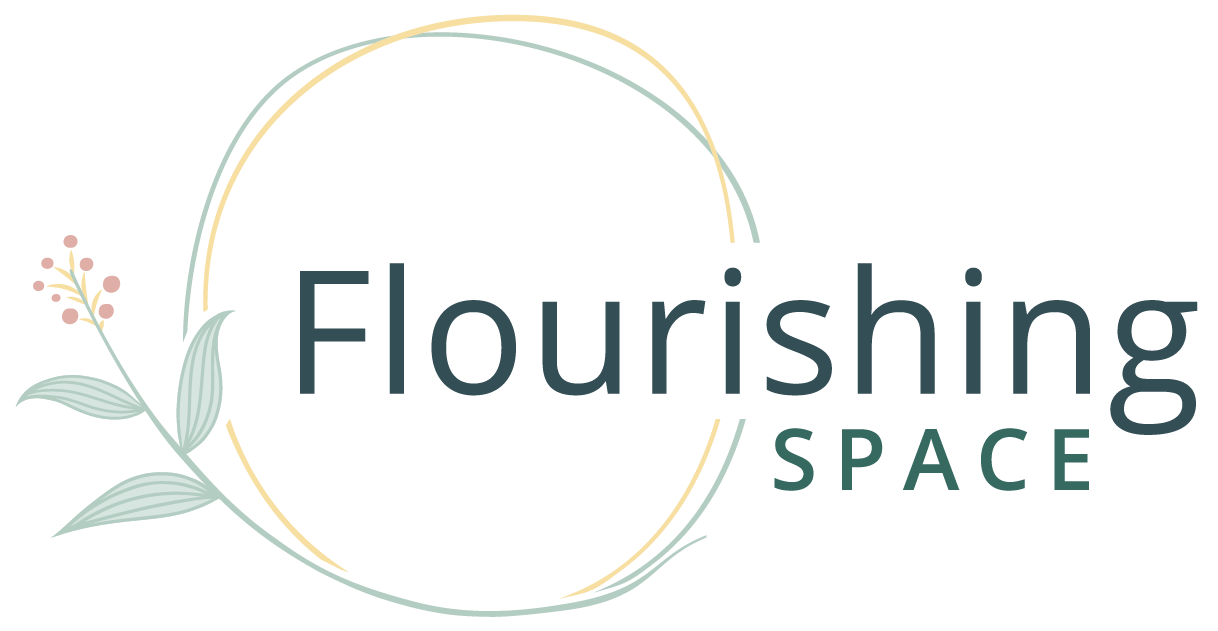Why We Need to Slow Down
Photo Credit: Dan Meyers
The importance of slowing down (and why we need to break free from burnout culture)
It's 4 pm on Thursday. You've just finished back-to-back client sessions, grabbed a lukewarm coffee, and now you're staring at an inbox with unread emails while your next appointment waits in the waiting room. Does this sound familiar?
Some days, it can feel like we don’t stop. In our culture, including in the helping professions, we've somehow normalised a pace that leaves us always hurrying. Ever since I came across this poetic reminder from Zen Master Thích Nhất Hạnh, I have been thinking about all the wisdom it can offer us.
"Drink your tea slowly and reverently, as if it is the axis on which the earth revolves - slowly, evenly, without rushing toward the future."
As helping professionals, presence and connection are at the heart of our work. Yet we often find ourselves perpetually rushing (and still feeling like we’re falling behind). And yet, so much nourishment can be found in rituals, in being present and in slowing down. When we do it, it can be revolutionary.
It’s Not Your Fault
Let's acknowledge something important. The pressure you feel to hurry isn't a personal failing. Multiple systemic barriers actively work against and get in the way of slowing down:
Structural constraints, like fee-for-service models that reward billable hours, rather than time spent reflecting
Back-to-back scheduling with little or no transition time
Cultural expectations, including a culture of self-sacrifice in the helping professions
Capitalist pressures that prioritise productivity over sustainability and connection
Resource cuts in the public sector paired with unchanged or increasing demands
Technology that increases the expectation for us to be available 24/7, eroding work-life boundaries
Professional education that emphasises clinical or technical skills over self-care and sustainable practices
What’s more, when we're always rushing, we lose access to the imaginative and intuitive parts of ourselves. These are essential for our vitality and for deepening our relationships with ourselves and others.
Challenging Systems
Slowing down isn’t just a personal challenge; it’s a political one. It threatens the structures that underpin our healthcare and education systems.
When we create space for presence, we also create space for people to remember different ways of being, space to build deeper relationships with each other, and to question why we're all running so fast. We might find ourselves asking, “Who benefits from our depletion?”
Creativity is particularly disruptive to colonial and capitalist systems because it's inherently generative and unpredictable. Creative practice invites us to play, to experiment, and to imagine alternatives, all of which challenge systems that depend on compliance and predictability.
When helping professionals reconnect with their creative selves, they often begin to question not just how they work, but why systems are structured the way they are.
Finding Our Way Back
Slowing down can feel radical. It disrupts the machinery of overwork that many institutions depend upon. It’s the same for creativity.
Creative practices offer us ways to support personal sustainability and systemic change. Whether it's journaling, doodling, movement, art making, creative writing, or simply approaching familiar tasks with renewed curiosity, they can become acts of resistance. They help us remember that we are more than our productivity. They give us tools for imagining and creating the changes we want to see.
Creative practices help sustain us. They can help us process the intensity of our work. They can develop the imaginative capacity needed to problem-solve in complex human situations.
Creativity can connect us to joy and meaning beyond our professional identities. It connects us with those we serve from a place of spaciousness, rather than depletion.
Most importantly, creativity reminds us that we are generators, not just responders. We can create new approaches, new relationships, and ultimately, new systems.
Starting Small
With these big aims in mind, it’s important to start by implementing small, manageable acts that we can practice regularly. For instance, choose one daily ritual, making tea, doodling or scribbling, cooking or walking, and do it with reverence and with your full attention. This can be an important reminder that your pace, your presence, and your creativity matter.
In my next blog post, I’m planning to discuss a recent masterclass I attended, about diversity in psychological practice and supervision from an anti-oppressive and decolonising framework. The workshop was so thoughtful and inspiring, and it explored some of the issues discussed in this post. It was conducted by Dr. Averil Cook, and you can check out some of her work here.
If you’re feeling the weight of systemic pressures and want to reconnect with sustainable, creative approaches to your work and life, learn more about my services by clicking “Learn more” below.
Does slowing down help you access your creativity and build more sustainable practices? I'd love to hear about it. You can connect with me on Instagram @the_flourishing_space or LinkedIn.

